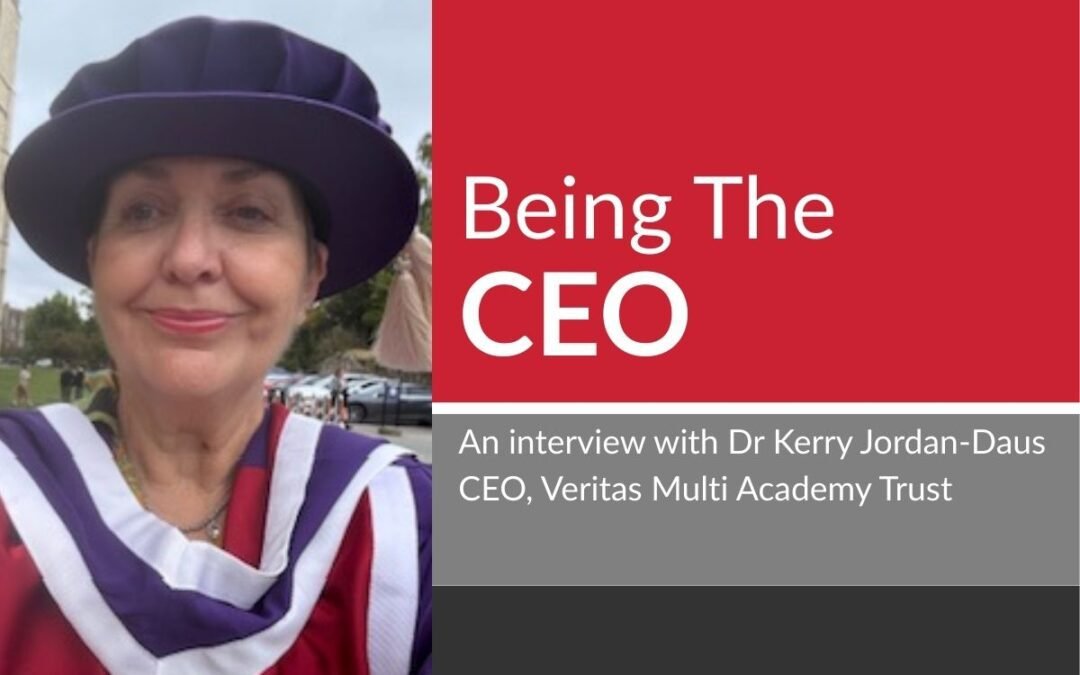Forum Strategy has established 3 CEO strategy groups to focus on key strategic priorities amongst the reactivity and operational nature of managing the pandemic. These include groups on pupil and staff wellbeing; remote learning and working; and environmental sustainability; and can be attended by all #TrustLeaders network members. The following is a summary of the meeting of the first CEO Strategy Group on 3rd November 2020
Session 1: Measuring what matters – the culture we encourage?
The first meeting of the CEO Strategy Group (Pupil and Staff wellbeing) was held on Tuesday (3rd November), with a focus on how trusts can begin to embed their commitment to wellbeing through ‘measuring what matters’. The group is Chaired by Gary Wilkie (CEO, Learning in Harmony Trust), and those represented on the group include CEOs from over twenty Trusts across the country. This first meeting was also attended by Mark Russell, CEO of the Children’s Society.
Starting with an overview of the group’s remit, Gary Wilkie made the distinction between the results-driven, Ofsted-focused mindset, and the values and outcomes-driven approach that nurtures a culture of support. He said that while it’s vital that the actions we take are evidence-based, there is also a need to recognise the influence that the types of evidence and data we choose to collect has, and how those values feed into and reinforce the culture we are creating. This is such a crucial starting point for wellbeing strategy – for pupils and staff.
“What you talk about and the way you talk about it becomes the thing that others act upon”
Gary challenged the group to consider how we can work together to act as strategically about developing a culture of positive wellbeing as we do about other elements of school improvement.
Mark Russell spoke on the subject of the Children’s Society’s ‘The Good Childhood Index‘, a leading set of indicators that are used at a national level to measure children’s welfare and wellbeing. The Good Childhood Index is a short questionnaire that can be completed by children themselves and used to measure well-being overall and in relation to 10 aspects of life. It includes a single-item measure of happiness with life as a whole, a five-item measure of overall life satisfaction, and questions about happiness with 10 different aspects of life including happiness with school life and relationships with family and friends. The Good Childhood Index’s assessment of childhood wellbeing in the UK as the lowest in Europe has even prompted groups within government to call for a substantial reform of the GCSE system; as a high fear of failure was identified as one of the key factors in this low rating, alongside a high rate of child poverty.
The CEO Strategy Group discussed the value of tools like the Good Childhood Index, which is freely available for use, and the way in which such tools could be implemented at Trust level. There was an enthusiastic response to the commitment of the Children’s Society to work alongside Trust Leaders in developing approaches and resources collaboratively to make a tangible difference to childhood wellbeing. These include looking at how the Good Childhood report could be implemented at trust-level, enabling trusts to measure children’s welfare and wellbeing, benchmarked against national indicators. The Children’s Society and CEOs will now look, ahead of the next meeting, at how to take some of these – and other – ideas forward.
The group then switched their attention to staff wellbeing. Andy Mellor and Gemma De Haviland from Schools Advisory service addressed the group about the importance of maintaining staff wellbeing across all levels of management and leadership, leading with a discussion about the risks of a ‘whatever it takes’ culture, and how it can lead to overwork and staff burnout which ultimately does more harm than good. Andy emphasised how vital it is that every individual has a clear understanding of what their own workload is and where they fit into the wider structure of their Trust, as this can prevent staff becoming overworked and build an atmosphere of mutual support.
In order to measure what matters in this case, SAS have worked in partnership with the NGA to develop a wellbeing toolkit which can be completed as a joint activity by CEOs and Board Chairs to assess how a school or Trust has been able to manage wellbeing, and the extent to a Trust’s leadership team have been supported in fulfilling their roles. It is clear that where leaders feel supported and healthy in their roles it is more likely that their teams will too due to the cultural impact.
Refreshingly, a number of members of the group were able to share ways in which they feel that their own wellbeing has been supported by their trust board. Many cited access to quality coaching as having had a significant impact. Other examples included a chair facilitating a conversation to explore the way in which executive reporting requirements could be reduced. As a result, the formats for reporting to committees and Board have been significantly streamlined with a focus on ‘giving Trustees what they need, rather than what some of them want.’
Gary Willkie also gave an update on the progress of the Department of Educations’ upcoming Wellbeing Charter, a recommendation from the DfE’s Advisory Group, of which he was a member. He was able to share the very positive progress that the group is making, and the commitment of all involved to developing a tool that will be practical and meaningful, outlining commitments from DfE, Ofsted and employees. Though at present the Charter is the final stage of drafting, the focus now is on planning its launch and implementation in an effective manner.
In closing, CEOs took the opportunity to reflect on the session, giving their support to the strategies that had been discussed, and proposing new potential partnerships within the group. Areas identified for discussion at future sessions included ‘the language of wellbeing’, approaches to flexible working, and how to work in a way that that staff at all levels take responsibility for their own wellbeing, as well as the wellbeing of others.
The Group will meet again in the early New Year. Date TBC.
Forum Strategy is running two other CEO Strategy Groups, with a focus on remote learning and working, and the other on environmental sustainability of trusts and schools. To find out more, please see our twitter feed or the weekly strategy briefings.


